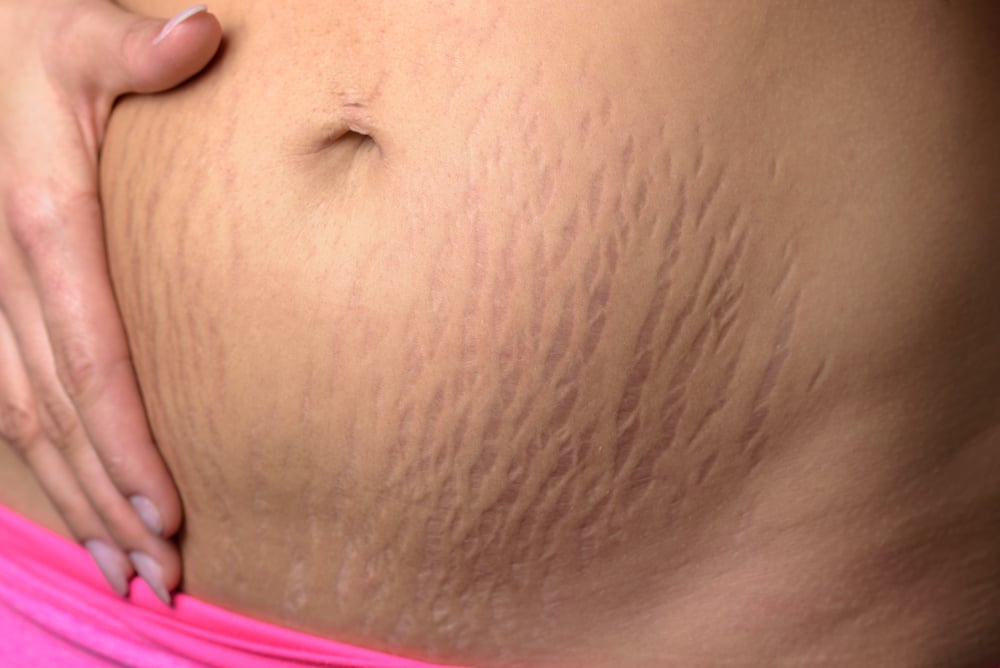If you’re trying to get pregnant, you want to know that conception was successful as soon as possible. But with up to four weeks between your menstrual cycle, the long wait can be excruciating. Look for the following signs to see if a baby is on the way.
High Basal Body Temperature
Your body temperature is a good indicator of where you are on your menstrual cycle. When you’re ovulating, your basal body temperature (BBT) will be high. When you’re about to have your period, your BBT will be low. If your BBT is still high two weeks after ovulation, there’s a good chance that you are pregnant.
Thick Cervical Mucus
It’s not a pleasant topic, but the texture of your cervical mucus can indicate where you are in your fertility cycle. When you’re ovulating, the mucus should be thick and stretchy, like egg whites. When ovulation ends, your cervical mucus will become thin, dry, and sticky.
But if you successfully conceive a baby, your body will start to develop thicker, creamier mucus that is intended to plug the cervix and prevent bacteria from harming the fetus during development. This thicker mucus can last for weeks after conception. Note that a few medical conditions can cause changes in the status of your cervical mucus, so talk to your doctor if something doesn’t seem right.
Nausea and Cravings
Pregnant women notoriously have delicate stomachs. The increased hormone levels in your body can cause morning sickness about three weeks after conception. You might also find that your sense of smell is more sensitive; some smells will cause extreme aversion or nausea.
At the same time, you might experience intense food cravings. If you absolutely have to have something you wouldn’t normally eat, it might be the baby asking for a snack. Cravings are different for every pregnancy, so pay attention to what your body is telling you.
PMS Symptoms
One of the most frustrating truths about pregnancy is that the early symptoms are nearly identical to PMS. You might experience bloating, cramps, mood swings, headaches, or even light spotting. If you’re pregnant, these symptoms may be more intense or off-cycle. However, because periods aren’t always predictable, your cycle may just have shifted because of stress.
Changing Breasts
There’s one change that happens when you’re pregnant that definitely isn’t caused by PMS, and it happens to your breasts. Some women get swollen or sensitive breasts whenever they experience a hormonal fluctuation. But if you’re pregnant, you’ll notice that your nipples become extremely sensitive and dark in color. The final identifying feature is a series of bumps appearing on your areola, or the space around your nipple. These glands have always been there, but they become more prominent as your body anticipates feeding a baby.
On their own, none of these symptoms are accurate signs that you’re pregnant. But if you start to notice all of them together, there’s a very high chance that your conception attempts were successful.











